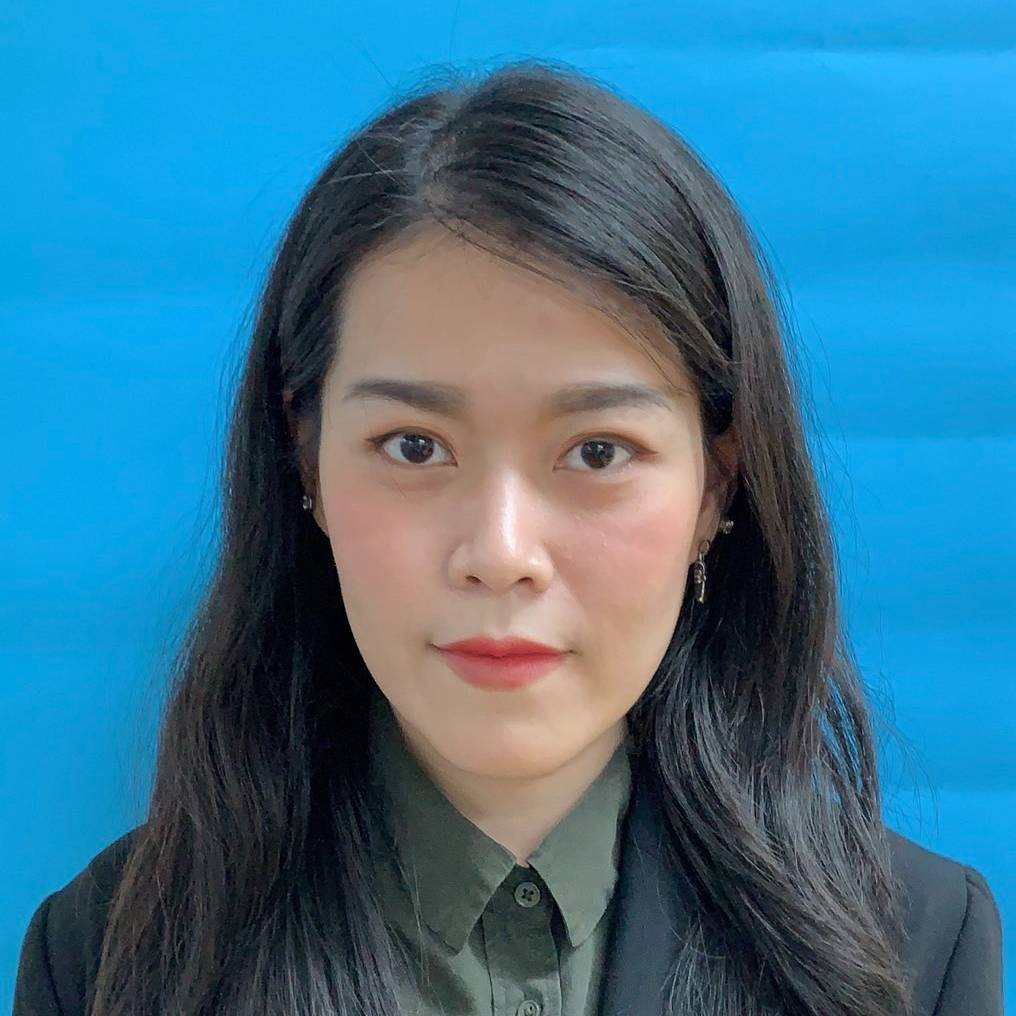
Yanisa Klomsuwan
Director of Farm Strategic Management
Krabi Kieang Seng – Kitchareon Farm
Thailand
Yanisa is Director of Farm Strategic Management at Krabi Kieang Seng–Kitcharoen Farm, her family-owned business. She has been instrumental in developing new key performance indicators (KPIs) with a focus on risk mitigation. By aligning farm operations with these KPIs, she supports farm managers to achieve consistent performance and sustainability goals. Additionally, she actively seeks new buyers and brokers to expand the farm’s shrimp products to untapped markets, contributing to the farm’s growth and market diversification.
Previously, Yanisa served as a Sales Executive at C.P. Merchandising Co., Ltd where she worked closely with factories and R&D teams to develop new product offerings that met specific customer requirements. She was also responsible for the distribution of products manufactured by Charoen Pokphand Foods Public Company Limited (CPF), one of the region’s leading food companies.
Yanisa holds a Bachelor of Science (Business Economics) degree from Kingston University and a Master’s of Science degree (Supply Chain and Logistics Management) from the University of Warwick, UK.
| Session | State of the Global Shrimp Supply and Demand |
| Presentation | Strategic Transformation in Shrimp Farming: Krabi Kieang Seng – Kitchareon Farm |
Abstract
The strategic transformation in shrimp farming practices implemented at Krabi Kieang Seng – Kitcharoen Farm, Thailand addressed four key challenges commonly faced in shrimp aquaculture: high operational risk, prolonged grow-out periods, elevated production costs, and inconsistent yields. By transitioning from conventional approaches to a structured, data-driven methodology, the farms adopted a new model built around risk mitigation, cost efficiency, productivity enhancement, and reduced days of culture.
The pre-stocking phase incorporated rigorous water quality testing (e.g., NTU, alkalinity, minerals), post larvae (PL) quality screening using a microscope, and stress test, as well as vibrio detection through selective agar media. During culture, continuous monitoring of shrimp health, water parameters, probiotic usage, and sediment control was standardized to ensure optimal conditions. Weekly sampling was introduced to monitor average daily gain (ADG) and period growth rate (PDG) and size progression.
Outcomes from the new approach showed an improvement in key performance indicators: reduction in grow-out cycle from 120-140 days to 90-110 days, an increase in average shrimp weight from 35g – 55g, and yield enhancement from 2- 3 tonnes/rai to 5-8 tonnes/rai (one rai=0.16ha).
These results demonstrate the potential for the scalable and sustainable intensification of shrimp production under a modern aquaculture system in Thailand.
*Joint presentation with Khemika Klomsuwan



